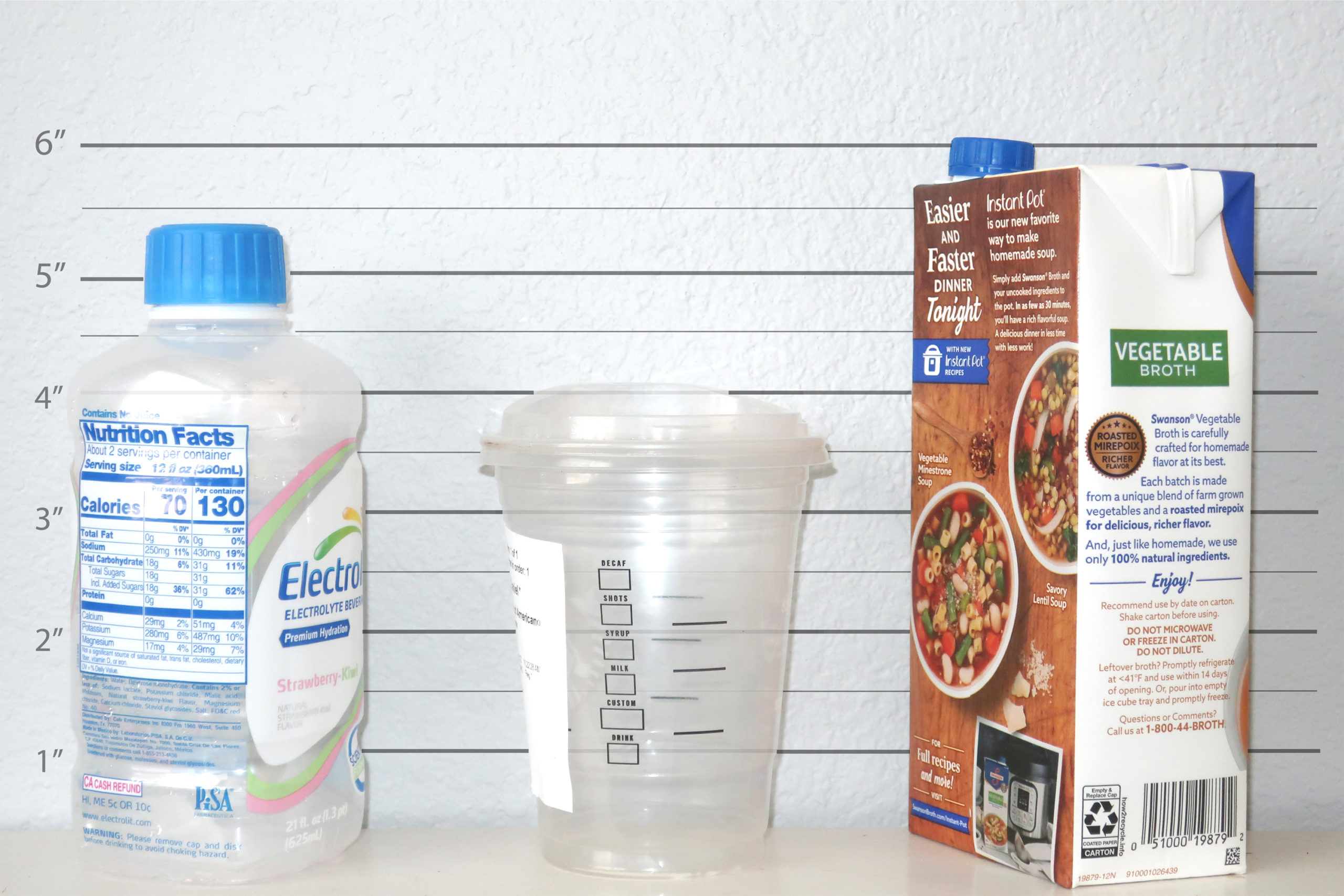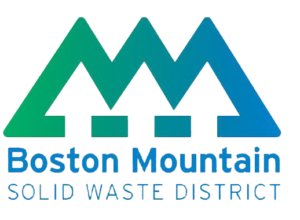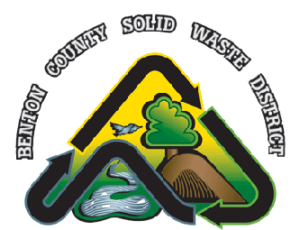This website devotes more space to what is and isn’t recyclable than to any other topic, because it truly isn’t easy to keep up with everything. Even if you have your community’s recyclables down pat, everyday items may seem perfect while still not really being quite right. Here are some common recycling impostors.
Aseptic cartons
These are the boxy cartons that hold broth, soups and other liquid foods at the grocery store. They’re obviously made with paper, so they should be recyclable, right? Wrong — they require specialty programs that don’t yet exist in Northwest Arkansas. This is because they’re also made with several thin layers of plastic and aluminum in order to protect the contents. Your regular paper recyclers can’t deal with these extras, so stick with sheet paper and cardboard.
#5 plastic bottles
Prescription medications and some bottled electrolyte drinks and teas come in plastic bottles that look similar to the right ones — that is, they seem to be made of the same stuff as soda and water bottles or milk and detergent jugs. But if you look at their base, you’ll see a small #5 stamped within the three-arrow recycling symbol. None of Northwest Arkansas’ recycling programs currently can take #5, so these need to go in the trash.
Disposable cups
Whether they’re made of paper or plastic, to-go coffee cups and other single-use cups aren’t recyclable here. Paper cups have a waxy or plastic layer that makes them more difficult to process. Plastic cups may be made with #1, but containers like these are actually manufactured differently than the bottles, with different chemical properties and melting points, so our region’s recyclers take only bottles with narrow necks at the top.
Clamshells
This is the name for those hinged plastic tubs and containers that you’ll often see holding berries, lettuce and other produce. They’re stamped with #1, the same as recyclable bottles, but as with disposable cups, they’re manufactured in a different way. Bottles are formed through blow molding, basically like blowing a hot, plastic balloon into the desired shape. Other containers are instead made by pressing or injecting plastic into molds. These other containers don’t act like bottles do when they’re processed for recycling. And recyclers need consistency and dependability to do their work. For now, stick to bottles.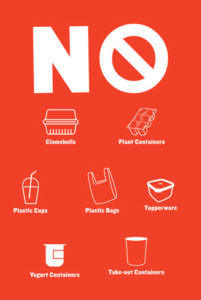
Potential for change
Eagle-eyed readers will notice the use of phrases like “for now” and “not yet.” Recycling programs around the country can take all of the above items. Someday the same could be true in Northwest Arkansas. Manufacturers just need a certain volume and quality of these materials, and in many cases, our population is too small at the moment to realistically meet those thresholds.
There’s also movement to unmask some plastic impostors. Several states are looking to ban the recycling symbol on materials that aren’t genuinely recycled in their area. Companies like Walmart, whose support led to NWA Recycles’ creation, are pushing for more of their suppliers’ packaging to be made of the recyclable kinds of plastic as well.


